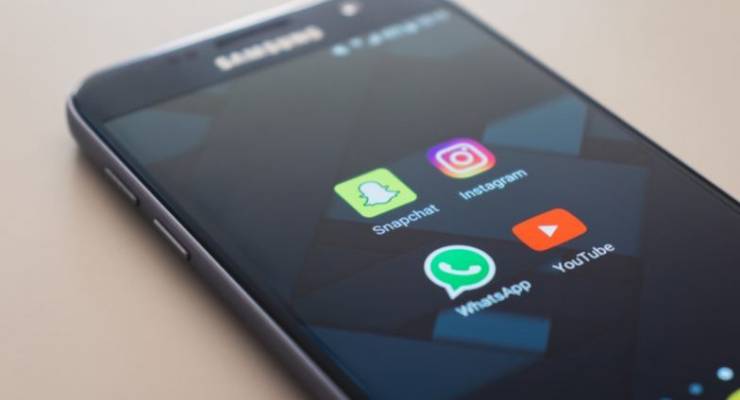
Indigenous people in Australia and around the world have always been early adopters of new technologies. This is particularly true of Indigenous people’s use of social media. We have used various platforms to reconnect with either long lost or stolen family, to explore our own identities and to connect with each other as we always have.
Dr Bronwyn Carlson, professor of Indigenous Studies at Macquarie University, has been undertaking some of the first research into Indigenous use of social media.
“We do see a lot of Indigenous people taking up a variety of social media for a range of social and cultural and political reasons,” she told me. “Research has revealed that the uptake is somewhere up to 20% higher for Indigenous people then non-Indigenous. This seems to be consistent with the literature from other countries, where there are similar colonial violent current and historical relationships.”
Social media has opened up new channels for Indigenous people to advocate and explore issues of importance and bring those issues to mainstream audiences. Carlson’s research has found that 79% of Indigenous social media users have supported a political cause on social network sites.
“So you see the rise of pages like IndigenousX, for example, on Twitter, and Blackfella Revolution on Facebook, where Indigenous people own the handles and pages and use the power of their following to disrupt mainstream media. They disrupt mainstream thought and that old wonderful lilt of ‘terra nullius’ concept, which has applied to human beings as well.”
But to have an active voice as an Indigenous person on social media is not easy.
Those of us who engage in a national conversation on Aboriginality and our history and the restorative justice required to right some of this country’s wrongs, are labelled as radical and dangerous. We endure an endless stream of fear-driven hate, relentless in quantity and intensity.
With the expression of identity through political and social discourse comes perennial risks, usually in the form of racism, either direct, indirect or witnessed. Scour the replies on Twitter or comments on Facebook, to any genuine tragedy involving Indigenous people or their communities, and you will witness a cesspool of racist vitriol.
A more recent phenomenon confronting Indigenous people online has been the rise of white victimhood, which has become a centrepiece of the ongoing culture wars.
The almost daily reminder of mainstream Australia’s indifference to the historical wrongs committed against Indigenous Australians and the connection those wrongs have on the plight of many Indigenous Australians today.
Here, we deny the 60,000 years of the longest continuing culture on Earth. Here we continue to believe Australia was discovered by Captain Cook and Australia was born the day the First Fleet arrived to poison, imprison and murder the Gadigal people of Eora Nation. Here we use our flag as a cape or sometimes a blanket, a blanket that covers up the unseemly parts of our history, our shame.
For many non-Indigenous people, these culture wars are an academic exercise, but for Indigenous people it goes to the heart of personal identity. For Indigenous Australians, it’s personal. It’s not only a fight for recognition, it also a fight to play a central and meaningful role in the life of this country.
Witnessing or combating this torrent is relentless for Indigenous people online, as Carlson explains, “even if you have no mind to be political, the very fact of your existence brings you into that realm”.
So, essentially, even Indigenous people who didn’t see themselves as political online often end up taking a political position anyway.
Suicide levels among Aboriginal and Torres Strait Islander people still remain double that of the rest of the population and has been slowly increasing. Social media, far from being social, can act to isolate individuals and communities.
This is reflected in Carlson’s research, “so now we find a lot of people, young people in isolated places that start to realise that this is not a friendly place to be and that they’re not going to have opportunities like every other Australian. So you see high rates of suicide in many of these places where hope is no longer something that people can envision.”
The online world is a lived experience for Aboriginal people and it has real world impacts.
Daniel James is a Yorta Yorta man, a writer, consultant and social policy advocate. His Twitter account is @mrdtjames.







Crikey is committed to hosting lively discussions. Help us keep the conversation useful, interesting and welcoming. We aim to publish comments quickly in the interest of promoting robust conversation, but we’re a small team and we deploy filters to protect against legal risk. Occasionally your comment may be held up while we review, but we’re working as fast as we can to keep the conversation rolling.
The Crikey comment section is members-only content. Please subscribe to leave a comment.
The Crikey comment section is members-only content. Please login to leave a comment.